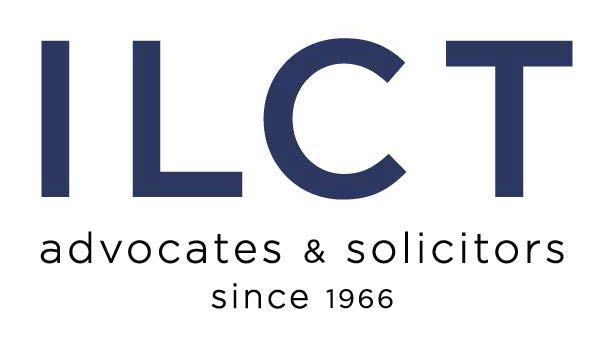Delisting Particular Parts and Extract of Cannabis and Hemp from Controlled Narcotics
Man has known Marijuana (aka Cannabis, Weed, Pot or Mary Jane etc.) since time immemorial. The use of marijuana can be traced back to as early as 500 BC. Although, marijuana is commonly known for its psychedelic property or “the high effect”, it was discovered that ancient civilizations used marijuana as a form of herbal medicine and remedy. Despite this, marijuana was first criminalized around the 19th century in an effort to ramp up the war on drugs.
With the rise of modern medicine backed by multiple medical researches, it was discovered that marijuana can be used to treat various medical conditions such as: Alzheimer, cancer, epilepsy, mental health issues (schizophrenia and PTSD) and many more. This paradigm shift has slowly altered the public’s opinion and perception on the use of marijuana, where it is no longer seen as a mere narcotic. Naturally, the movement to decriminalized marijuana has been spreading around the globe with some countries that have already decriminalized marijuana for both medical and recreational uses.
In Thailand, the Thai Narcotic Act B.E. 2522 (“Narcotic Act”) listed marijuana and hemp as Class 5 Narcotics. Activities relating to (1) growing (2) importing/exporting (3) selling (4) owning (5) owning for the purpose of selling or (6) consuming/smoking of these substances are not allowed and will be met with heavy fines and imprisonment.
The recent Thailand Ministry of Public Health’s Announcement Relating to Listing of Narcotics in Class 5 which was published in the Royal Government Gazette on December 14, 2020 (the “Announcement”) has now removed particular parts and extracts of marijuana (cannabis) and hemp for medical purposes from the list of controlled narcotics.
Under the Announcement, parts and extracts of marijuana and hemp shall not be considered as Class 5 Narcotics, provided that they are fully authorized to be grown or produced in Thailand by the Ministry of Public Health. The delisted parts and extracts of marijuana and hemp are:
- Parts and extracts of marijuana (Cannabis), including:
- Bark, stem, fibre, branch and root;
- Leaf (without inflorescences & flowers);
- Cannabidiol extract (CBD) with tetrahydrocannabinol (THC) amount not exceeding 0.2% of the total weight;
- Residue or sludge deriving from cannabis extraction process with tetrahydrocannabinol (THC) amount not exceeding 0.2% of the total weight.
- Parts and extract of Hemp (Cannabis sativa), including:
- Bark, stem, fibre, branch and root;
- Leaf (without inflorescences & flowers);
- Cannabidiol extract (CBD) with tetrahydrocannabinol (THC) amount not exceeding 0.2% of the total weight;
- Hemp seed, hemp seed oil or hemp seed extract;
- Residue or sludge deriving from hemp extraction process with tetrahydrocannabinol (THC) amount not exceeding 0.2% of the total weight.
- The Announcement came into force on December 15, 2020.
In short, the Announcement released specific parts and extracts of marijuana and hemp from the controlled narcotics list if they are used for medical, academic research and production of health products purposes only. The use of these substances for purposes other than those mentioned is still prohibited.
While there are many challenges ahead, the initial unlocking parts/extracts of marijuana and hemp may be a good step toward future medical advancement. Jurisdictions that have already decriminalized marijuana have shown rather promising results and more are expected to be seen. Science and law must progress hand-in-hand on this sensitive subject. By establishing a proper framework, it will be possible to gain the full benefit from these controversial plants.
For more information regarding laws and regulations on the limited use of marijuana and hemp in Thailand, please contact law@ilct.co.th.
By:
Chart Chotiphol
Counsel/Business Development
